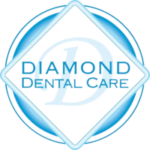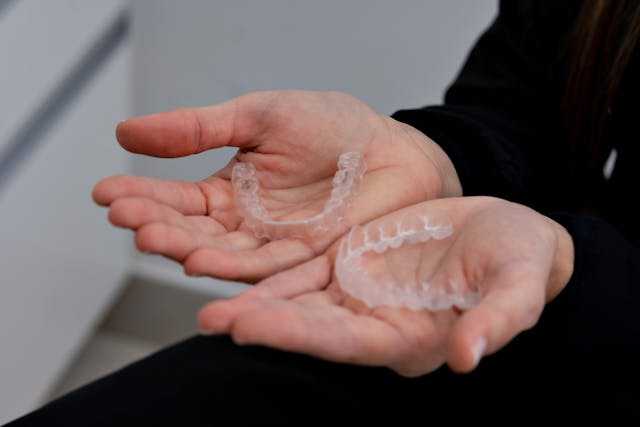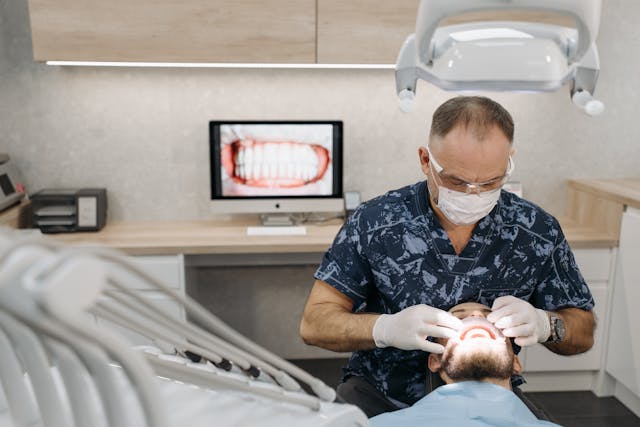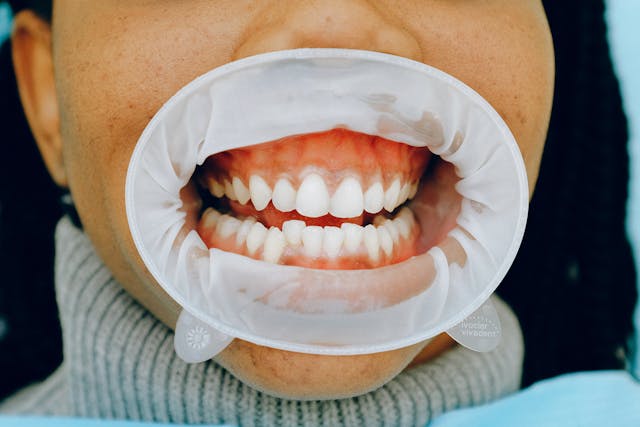Introduction: Why Oral Cancer Screenings Matter
Oral cancer screenings may not be at the top of your health checklist, but they absolutely should be. Early detection of oral cancer can make a life-or-death difference, significantly improving survival rates and treatment success. By visiting your dentist regularly, you ensure that any signs of oral cancer are caught early. At Diamond Dental Care in Diamond Bar, CA, we prioritize your health with thorough oral cancer screenings during your dental visits.
At Diamond Dental Care, we offer a variety of solutions to address most aesthetic concerns. During your visit, we’ll perform a thorough examination, take X-rays, and discuss your desired timeframe before presenting you and your parents with several treatment options. Given that some treatments may require specific timeframes, it’s advisable to book your appointment with us as soon as possible.
To schedule an appointment, call us at (909) 860-7579. You can also connect with us on Facebook or share your feedback on Yelp. Thank you!
Understanding Oral Cancer
What is Oral Cancer?
Oral cancer refers to cancer that develops in the tissues of the mouth or throat. It can affect the lips, tongue, cheeks, the floor of the mouth, and even the hard and soft palate. Oral cancer is often linked to lifestyle factors such as smoking and excessive alcohol use, but other factors, such as HPV infection, also play a role.
Types of Oral Cancer
Oral cancer comes in different forms. While there are several subtypes, two are the most common:
Squamous Cell Carcinoma
Squamous cell carcinoma is the most prevalent form of oral cancer, accounting for about 90% of cases. It starts in the flat cells that line the mouth and throat, and it can spread rapidly if not detected early.
Verrucous Carcinoma
Verrucous carcinoma is a rare but slow-growing form of oral cancer. Though it doesn’t typically spread to other parts of the body, it can still cause significant damage to the tissues in the mouth.
Risk Factors for Oral Cancer
Understanding the risk factors for oral cancer can help you make more informed decisions about your health.
Tobacco Use and Its Impact
Tobacco, in all its forms—whether it’s cigarettes, cigars, or chewing tobacco—dramatically increases your risk of developing oral cancer. Smokers are six times more likely to develop oral cancer than non-smokers.
Alcohol Consumption and Oral Cancer
Excessive alcohol use is another leading contributor to oral cancer. When combined with tobacco use, the risk multiplies, making it critical to moderate alcohol intake.
HPV and Oral Cancer
The human papillomavirus (HPV), especially HPV-16, has been linked to an increasing number of oral cancer cases, particularly in younger, non-smoking individuals. Vaccination against HPV can reduce your risk.
Symptoms of Oral Cancer
Early symptoms of oral cancer can be easily overlooked, which is why regular screenings are so important.
Common Warning Signs
Look out for persistent sores, white or red patches in the mouth, or lumps on the lips, tongue, or gums. These symptoms should never be ignored.
Persistent Sores and Ulcers
If you have sores or ulcers that don’t heal within two weeks, it could be an early sign of oral cancer. Be sure to have them checked out during your dental visits.
Unexplained Bleeding and Pain
Bleeding in the mouth that doesn’t have an obvious cause, or persistent pain in the mouth or ear, can also be signs of oral cancer and should be discussed with your dentist immediately.
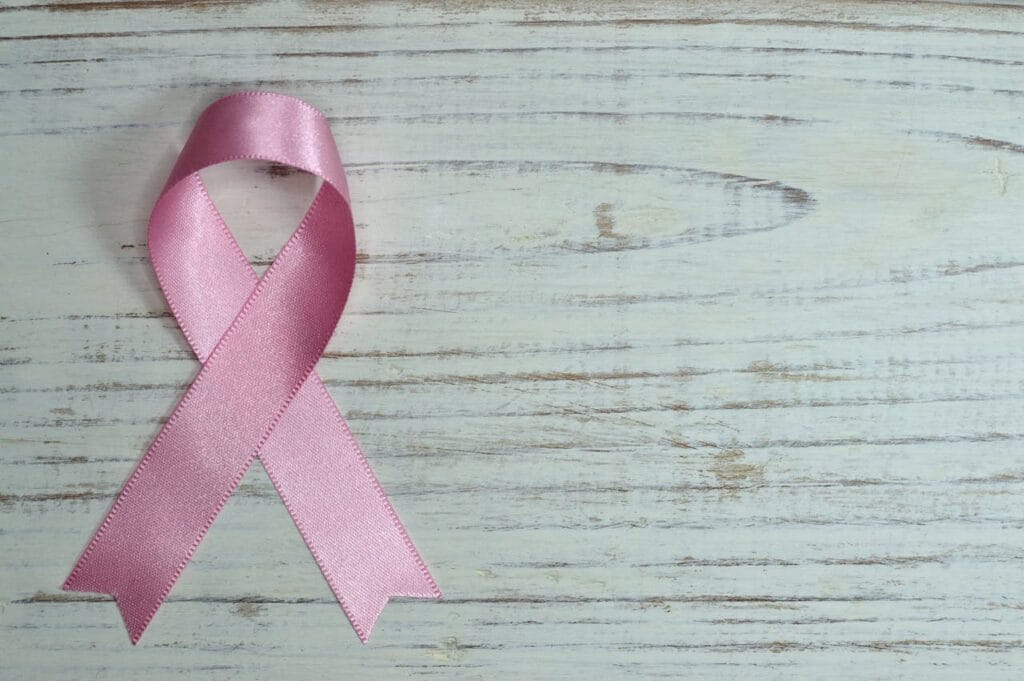
Why Early Detection is Key
The Role of Early Detection in Survival Rates
The earlier oral cancer is detected, the better the prognosis. Survival rates significantly improve when the cancer is caught at an early stage.
How Oral Cancer Screenings Can Prevent Late-Stage Diagnosis
Oral cancer screenings during routine dental visits help identify problems early, which can prevent late-stage diagnosis and more complex, aggressive treatment options.
What Happens During an Oral Cancer Screening?
Visual Examination of the Mouth
During an oral cancer screening, your dentist will thoroughly examine your mouth, looking for any abnormal tissue changes, such as sores, patches, or lumps.
Palpation of the Neck and Jaw
Your dentist will also feel (palpate) the areas around your neck and jaw to detect any swollen lymph nodes or unusual lumps.
Advanced Screening Tools (e.g., VELscope)
Some dental practices, like Diamond Dental Care, use advanced screening tools like VELscope, which helps detect abnormal tissue that may not be visible to the naked eye.
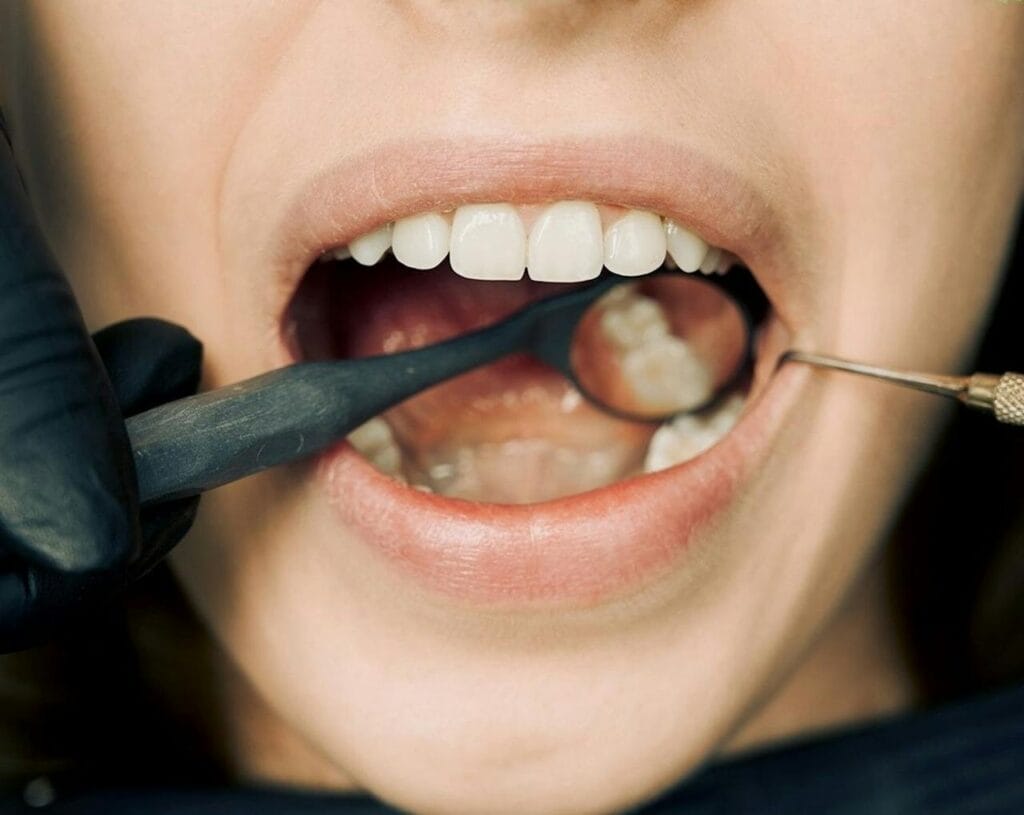
The Frequency of Oral Cancer Screenings
General Guidelines for Screenings
For most people, an oral cancer screening should be part of their regular dental checkup, which typically happens once or twice a year.
Risk-Based Screening Recommendations
If you have certain risk factors, such as a history of tobacco use or HPV infection, your dentist may recommend more frequent screenings to ensure early detection.
The Role of Dental Professionals in Oral Cancer Screening
Dentists and Hygienists as First Line of Defense
Your dentist and dental hygienist are the first line of defense in spotting early signs of oral cancer. During routine visits, they will conduct screenings to catch potential issues early.
How to Communicate Concerns During Routine Checkups
If you’ve noticed any unusual symptoms—such as sores, pain, or lumps—be sure to mention them during your checkup. Your dental team is trained to evaluate these signs and take appropriate action.
Oral Cancer Screening at Diamond Dental Care
Why Choose Diamond Dental Care?
At Diamond Dental Care, located in Diamond Bar, CA, we prioritize your health by providing thorough and personalized oral cancer screenings. Our advanced technology ensures early detection, which can be lifesaving.
Personalized Care and Advanced Technology
We use cutting-edge technology and tailor our care to each patient, ensuring that you receive the best possible preventive treatment. Our team is here to help you stay healthy and catch any issues early.
Location and Contact Information
For top-notch oral cancer screenings, visit us at Diamond Dental Care, located at 303 South Diamond Bar Blvd, Ste 2C, Diamond Bar, CA 91765. Call us at (909) 860-7579 to schedule your appointment.
Common Myths About Oral Cancer Screenings
Oral Cancer is Rare
A common misconception is that oral cancer is rare. However, thousands of people are diagnosed with oral cancer every year. Screenings are essential to catch this disease early.
Screenings are Unnecessary if You Don’t Smoke
Another myth is that you don’t need a screening if you don’t smoke. However, oral cancer can affect non-smokers too, especially those with other risk factors like HPV or excessive alcohol consumption.
How to Reduce Your Risk of Oral Cancer
Lifestyle Changes
Making healthier lifestyle choices can reduce your risk of oral cancer. Quitting smoking, reducing alcohol intake, and practicing good oral hygiene are key steps.
Regular Dental Visits
Regular dental checkups not only help maintain your oral health but also provide opportunities for early detection of oral cancer, which is critical for treatment success.
Oral Cancer Treatment Options
Surgical Treatments
In many cases, surgery is the primary treatment for oral cancer. The goal is to remove the cancerous tissue and prevent its spread.
Radiation and Chemotherapy
Radiation and chemotherapy may be used either in conjunction with surgery or as standalone treatments, depending on the stage of the cancer and the patient’s overall health.
The Emotional Impact of Oral Cancer
Coping Mechanisms and Support
Receiving a diagnosis of oral cancer can be emotionally overwhelming. Support groups, therapy, and a strong network of friends and family can help you cope with the challenges ahead.
Importance of Mental Health During Treatment
It’s important to focus on mental well-being during cancer treatment. Managing stress and seeking mental health support can improve both your emotional and physical recovery.
The Future of Oral Cancer Screenings
Innovations in Screening Technology
As technology advances, oral cancer screenings are becoming even more effective. Tools like VELscope and other fluorescence-based devices offer non-invasive ways to detect abnormalities early.
The Potential Role of Genetic Testing
In the future, genetic testing could play a larger role in oral cancer screenings. Understanding your genetic predisposition to oral cancer could help guide personalized screening and prevention strategies.
Conclusion: Early Detection Saves Lives
Oral cancer is a serious condition that can affect anyone, regardless of age or lifestyle. However, the good news is that early detection through regular oral cancer screenings can significantly improve your chances of survival. By visiting your dentist regularly and making informed lifestyle choices, you can reduce your risk and ensure that any signs of oral cancer are caught early. At Diamond Dental Care in Diamond Bar, CA, we’re committed to providing comprehensive oral cancer screenings as part of our dedication to your overall health. Don’t wait—schedule your screening today and take a proactive step in protecting your well-being.
FAQs About Oral Cancer Screenings
1. How often should I get an oral cancer screening?
It’s recommended to have an oral cancer screening at least once a year during your routine dental checkups. If you have risk factors such as smoking or a history of HPV, your dentist may recommend more frequent screenings.
2. What should I expect during an oral cancer screening?
During an oral cancer screening, your dentist will visually examine your mouth for any signs of abnormal tissue, such as sores, red or white patches, or lumps. They may also palpate your neck and jaw to check for any swollen lymph nodes or masses. Advanced screening tools like VELscope may also be used.
3. Is oral cancer treatable if detected early?
Yes, when oral cancer is detected early, the survival rate is significantly higher. Early-stage oral cancer can often be treated successfully with surgery, radiation, or chemotherapy, depending on the case.
4. What are the main risk factors for oral cancer?
The primary risk factors for oral cancer include tobacco use, excessive alcohol consumption, and infection with HPV. Other risk factors include poor oral hygiene, a diet low in fruits and vegetables, and prolonged sun exposure (for lip cancer).
5. Can I prevent oral cancer?
While you can’t completely eliminate the risk of oral cancer, you can significantly reduce it by making healthy lifestyle choices. Quitting smoking, moderating alcohol intake, getting vaccinated against HPV, and maintaining regular dental checkups are all important steps in prevention.
